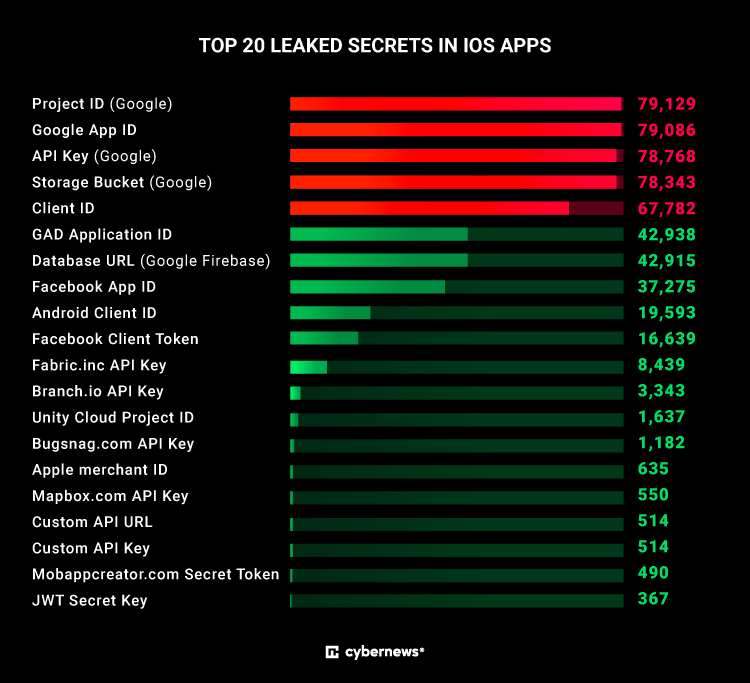
The recent leak of the Taliban government’s documents has sent shockwaves through the international community. Hackers have released over 50 gigabytes of data encompassing 21 ministries and state institutions affiliated with the Taliban on a platform dubbed TalibLeaks. The documents contain highly sensitive revelations, including the identities of political prisoners and details on travel restrictions imposed on certain government officials.
Despite the gravity of the breach, the Taliban government swiftly dismissed claims of a central database hack. The Ministry of Communications and Information Technology acknowledged the leak but asserted that the documents were most likely obtained from inadequately secured individual computers rather than from core state systems. This statement casts serious doubts on the integrity of the regime’s critical information infrastructure.
Among the affected institutions are the Ministries of Foreign Affairs, Finance, and Justice, along with those overseeing culture, communications, mining, and several other key sectors. Taliban officials have downplayed the significance of the leaked files, insisting that much of the information was already publicly accessible and pertains to past events.
Nevertheless, Taliban authorities maintain that no systemic failures or security breaches have occurred within their government structures. Regime representatives argue that the leak is a deliberate attempt to spread disinformation and sow confusion among the public.
This incident has reignited concerns over data security in conflict zones. The exposed documents could have profound implications, not only for the Taliban’s domestic governance but also for its diplomatic standing on the global stage. Investigations into the matter are ongoing, while the world watches closely as the situation unfolds.


